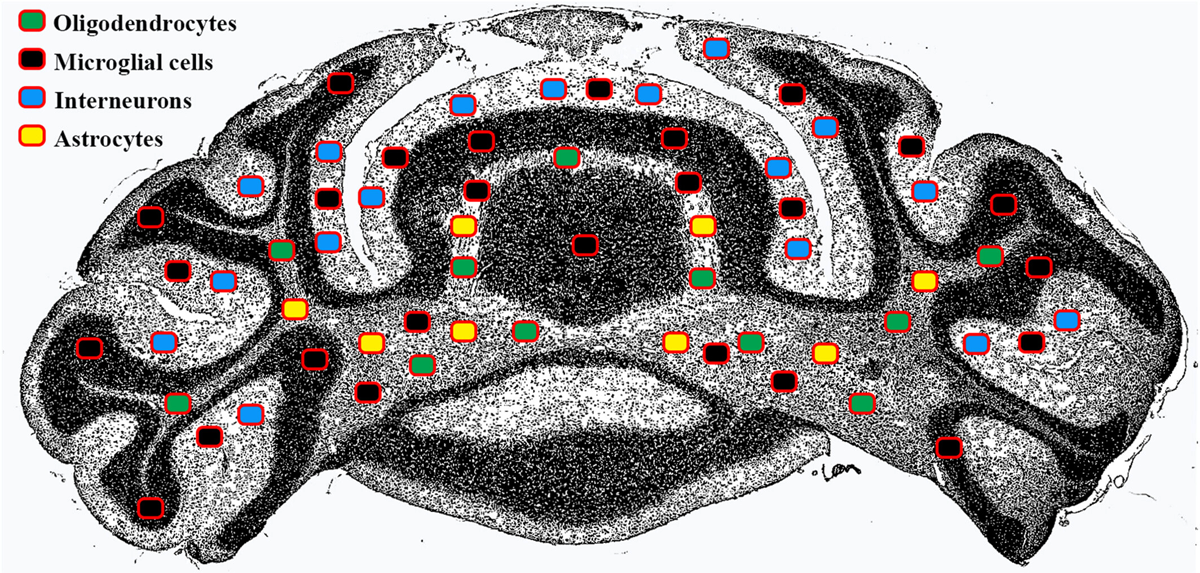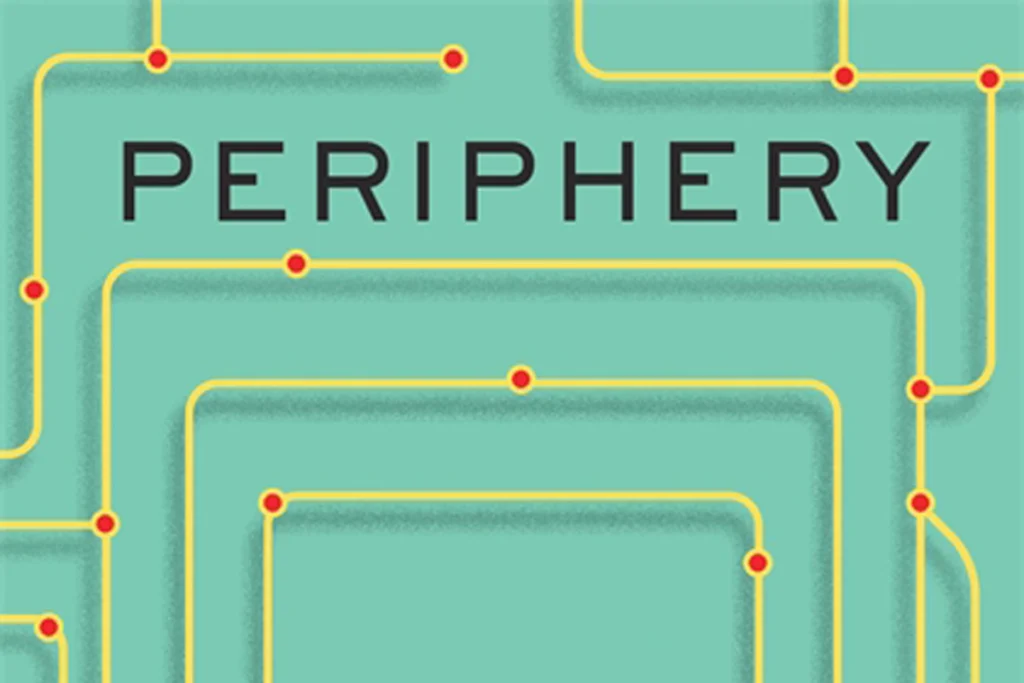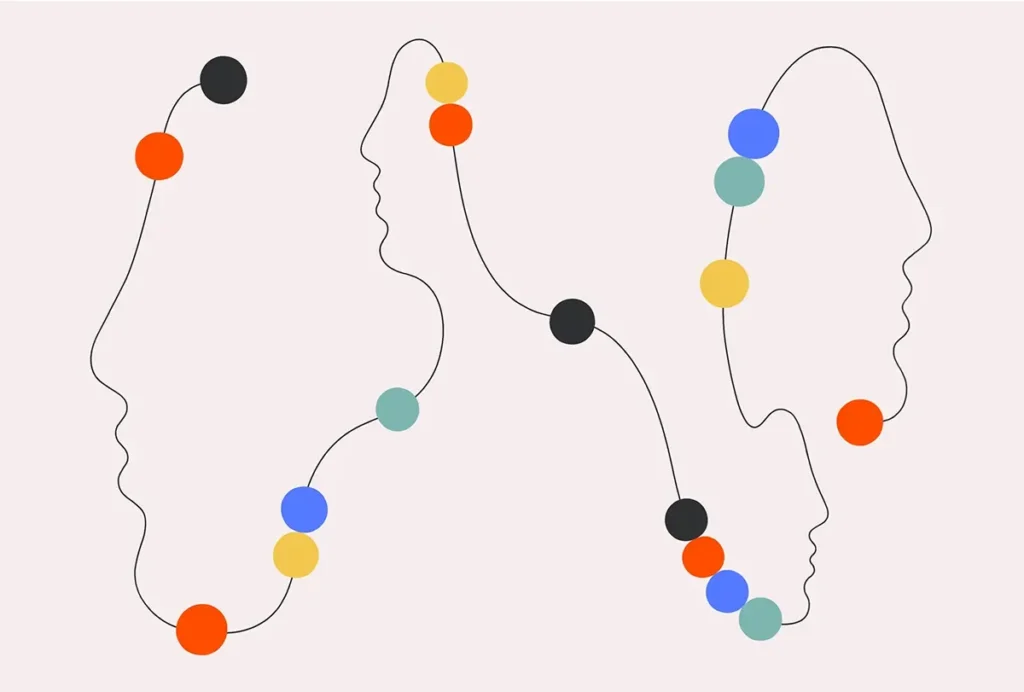- Social determinants and clinicians’ expectations may influence how autism is diagnosed in girls and gender-diverse children. The Lancet Child & Adolescent Health
- A whole-genome sequencing study has identified nine novel gene variants in autistic people, according to a preprint. Research Square
- Children in disadvantaged neighborhoods have a higher likelihood of being diagnosed with autism than do those in more privileged areas. JAMA Psychiatry
- Gene deletions and duplications within the 22q11.2 chromosomal region correlate with the size of brain regions such as the hippocampus, according to a preprint. bioRxiv
- Wearable devices that provide feedback on brain activity are poised for marketing soon, with such potential applications as enhancing everyday focus, improving communication in people with disabilities and monitoring mood disorders. The Wall Street Journal
- Advocates of the “profound autism” label seek more attention from the U.S.-based Autism Cares Act, which is due for review. Spectrum reported on the prevalence of profound autism earlier this year. The Washington Post
- Two novel variants of the SHANK2 gene, identified in families with intellectual disability, affect as many as 1,196 RNA transcripts. Frontiers in Neuroscience
- People with 22q11.2 duplication or deletion have low scores on a battery of neurocognitive tests, with the former group tending to react more slowly and more accurately than the latter. Autism Research
- Mice missing the ENGRAILED 2 gene, a model of autism, have higher astrocyte density than wildtype mice, as well as altered microglial shapes. Journal of Anatomy

Counting cells: Mice missing the ENGRAILED 2 gene show altered cell densities across the cerebellum (cell types are indicated by color).
- Toddlers with autism walk at a slower pace than their non-autistic peers, even though they begin walking at similar ages, according to quantitative gait analysis. Autism Research
- A directive approach to caregiver-delivered behavioral intervention in naturalistic settings appears to improve language skills more effectively than does a reactive approach. Autism
- Two autism researchers call for better analysis of the condition’s heterogeneity for the purpose of improving and personalizing drug treatment of traits and co-occurring conditions. Pharmacology & Therapeutics
- Levels of anxiety and depression in autistic children during the COVID-19 pandemic do not appear to be related to school format — remote, in-person or homeschool — in October 2020. Research in Autism Spectrum Disorders


